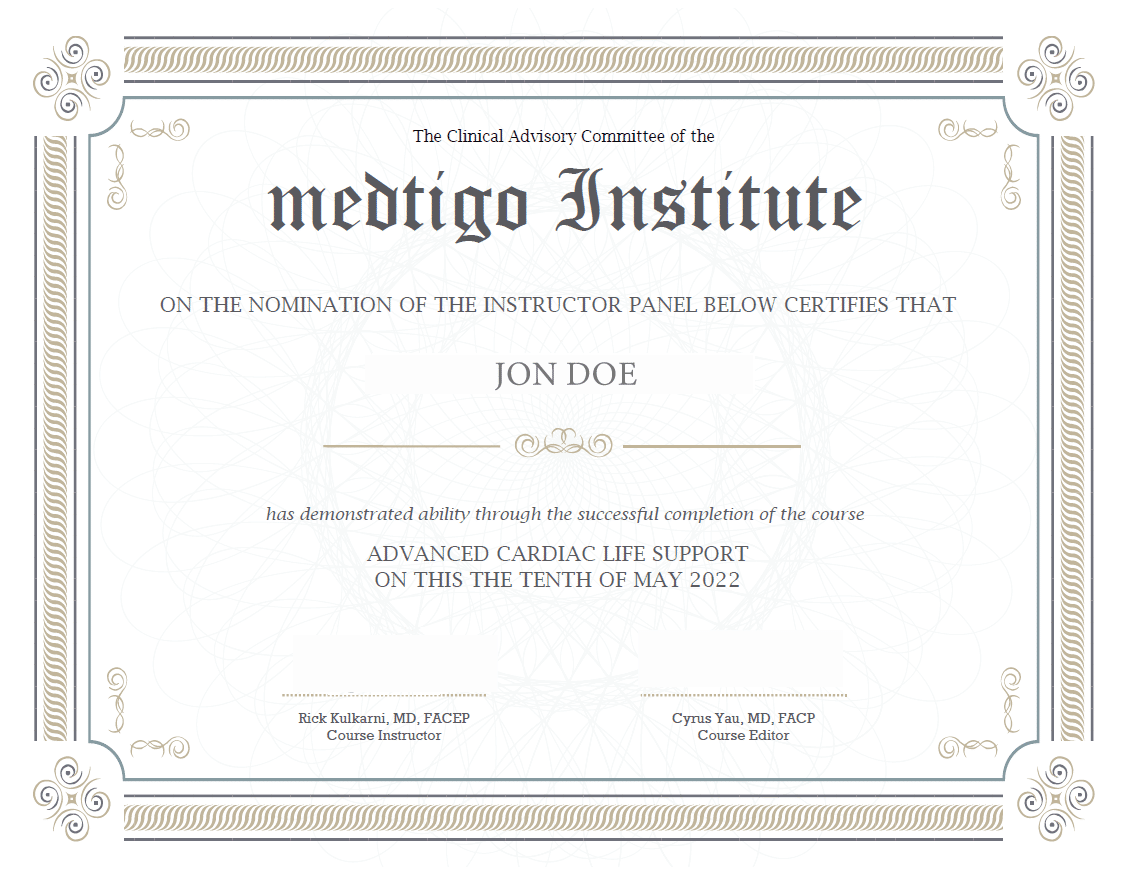A recent meta-analysis of studies conducted by researchers from Copenhagen University Hospital and Aarhus University in Denmark has shed light on the remarkable benefits of walking a minimum of 4,000 steps a day for reducing the risk of an early death. Additionally, taking 2,337 steps a day was found to reduce the risk of death specifically from cardiovascular disease.
The study, titled “Proton pump inhibitors and dementia: A nationwide population-based study,” was published in the Alzheimer’s & Dementia journal and offers valuable insights into the impact of daily step counts on longevity. Lead author Dr. Maciej Banach, who also serves as the deputy editor-in-chief of the European Society of Cardiology, emphasized the positive effects of increasing one’s daily step count.
Dr. Banach stated, “The more steps you walk, the better the effects on your health, and every increase of steps by 500-1000 steps/day may be associated with significant mortality reductions.” Notably, any step count below 5,000 steps a day is considered indicative of a “sedentary lifestyle.”
The study’s findings, derived from a comprehensive analysis of data from nearly 227,000 individuals across 17 studies conducted in Australia, Japan, Norway, Spain, the United Kingdom, and the United States, indicate a significant correlation between step counts and health outcomes. While these findings highlight associations rather than direct causation, they underscore the importance of physical activity in improving overall well-being.
The study revealed that approximately 4,000 steps a day were associated with a “significant” reduction in the risk of early death. However, the most significant benefits occurred when individuals walked more than 7,000 steps a day, with the most notable impact observed at around 20,000 steps.
It is important to note that the data for step counts exceeding 20,000 per day were limited, and further research is needed to validate these results on a larger scale. The health benefits of increased step counts were consistent across all countries and were observed in both men and women. While both older and younger participants experienced health benefits, the reduction in the risk of death was somewhat smaller among individuals over the age of 60.
Dr. Banach stressed the importance of early adoption of health interventions, emphasizing that beginning a regimen of regular physical activity, maintaining a healthy diet, or making other positive lifestyle changes early in life can have the most significant impact on health markers such as cholesterol, blood pressure, and blood glucose levels, all of which are associated with disease risk.
The study also provided insights into specific age groups, with adults aged 60 and older seeing a 42% reduction in the risk of early death when walking between 6,000 and 10,000 steps a day. In contrast, individuals under 60 who walked between 7,000 and 13,000 steps daily experienced a 49% reduction in the risk of early death.
Dr. Banach explained that this age-related difference is attributed to the principle that initiating health interventions early in life has a more pronounced impact on various health parameters. For individuals who may find it challenging to meet the step counts associated with the most significant benefits, Dr. Andrew Freeman, director of cardiovascular prevention and wellness at National Jewish Health in Denver, Colorado, offered reassurance.
He stated that the study underscores the value of exercise and being non-sedentary. Dr. Freeman emphasized that “every bit of exercise counts” and encouraged individuals to continue their efforts, gradually working toward a goal of engaging in physical activity until they become breathless for at least 30 minutes a day.
In summary, this meta-analysis of studies provides compelling evidence of the positive relationship between daily step counts and health outcomes. It suggests that even small increases in physical activity can lead to significant reductions in the risk of early death, especially when initiated early in life. While the study did not establish a specific step count threshold, it underscores the importance of maintaining an active lifestyle to enhance overall well-being and longevity.
Reference
CNN, “Short sleep negates benefits of exercise for the brain, study says” https://edition.cnn.com/2023/07/06/health/poor-sleep-exercise-brain-benefits-wellness/index.html.











